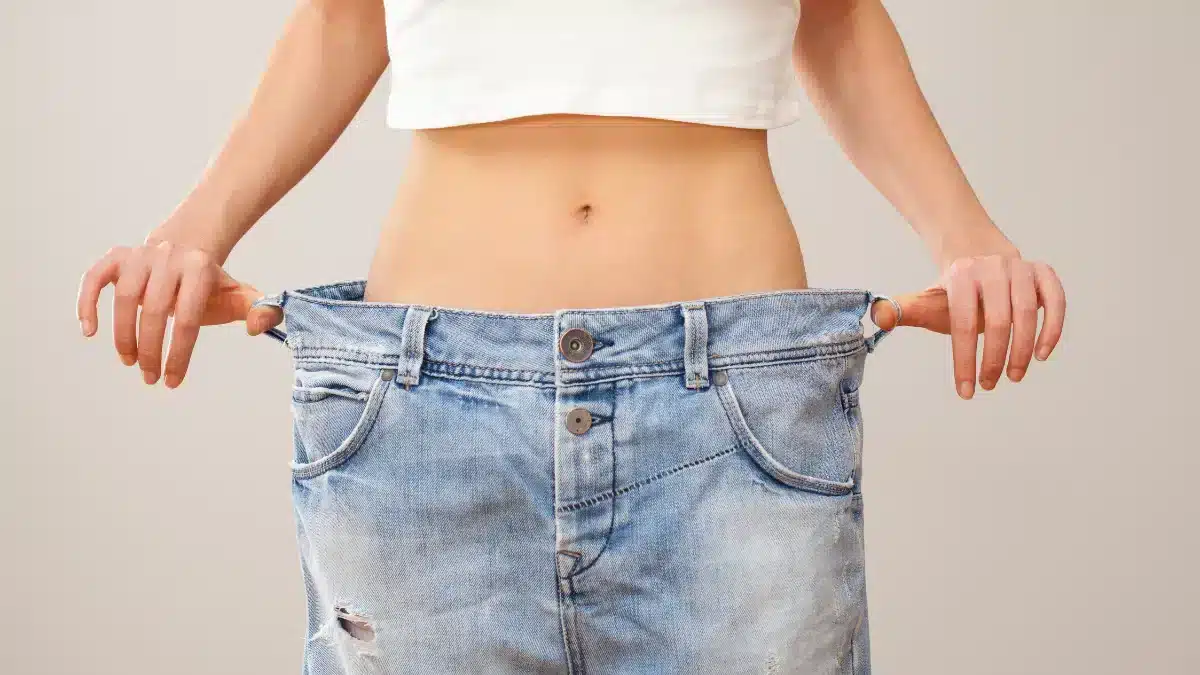Weight Loss After IUD Removal: Understanding the Impact of IUD Removal on Your Body
An Intrauterine Device is a T-shaped, small device inserted into the uterus to prevent pregnancy.
Its removal is a personal choice influenced by various factors.
One question that often arises is whether IUD removal may impact weight.
There are many individuals who have noticed weight loss after IUD removal.
However, it’s important to recognize that these changes can vary widely among individuals.
This article will discuss the connection between IUD and weight loss in detail.
Weight loss after IUD removal: What does it look like
IUD removal does not necessarily lead to weight loss.
The impact of copper IUDs, hormonal IUDs, or both on weight loss is not well-established scientifically.
Some individuals may notice a gradual increase in weight, while others might experience weight loss after IUD removal.
The current lack of data makes it challenging to draw definitive conclusions about potential weight loss after IUD removal.
Remember, weight fluctuation is a complex phenomenon influenced by various factors such as diet, exercise, hormonal changes, and individual differences.
Why weight changes occur after IUD removal
The evidence regarding weight changes after IUD removal is primarily anecdotal, lacking a conclusive scientific explanation.
A study published by The National Library of Medicine shows that after the insertion of IUDs, the average BMI increased over the 7 years.
However, the research also says that factors like IUD insertion did not show significant correlations with variations in weight.
There are some possible explanations for why these weight changes occur. It includes the following:
Loss of appetite as a contributor to weight changes

In some cases, weight changes after IUD removal can be associated with a loss of appetite.
Appetite can be reduced due to other side effects of IUDs, like cramps.
Additionally, changes in hormonal balance or psychological factors may influence eating habits, leading to reduced calorie intake.
Hormones can impact appetite, mood, and energy levels. This can potentially contribute to variations in weight.
If you find yourself experiencing a diminished appetite after IUD removal, it’s essential to pay attention to your body’s signals.
Make sure you are meeting your nutritional needs through a balanced diet.
Effect of IUD type on weight changes
The type of IUD (hormonal or copper) may also influence how individuals experience weight changes after removal.
Mirena, a hormonal IUD, can lead to weight gain as a side effect.
However, conclusive evidence is lacking.
There is a need for further research to understand the specific mechanisms involved in the relationship between IUD type and weight changes.
Mitigating side effects during this time
To mitigate potential side effects related to weight changes after IUD removal, focus on maintaining a healthy lifestyle.
It is essential to approach weight changes healthily and sustainably.
Evaluate your diet

Begin by assessing your dietary habits.
Opt for a diet that is rich in lean proteins, fruits, vegetables, and whole grains.
Consider asking a nutritionist or dietitian to create a personalized meal plan that aligns with your goals.
Regular exercise routine
Add regular physical activities to your daily schedule.
Keep a balanced mix of cardiovascular exercise, strength training, and flexibility exercise.
Choose activities you enjoy to make the process more sustainable, such as walking, jogging, swimming, or cycling.
Stay hydrated
Keep yourself hydrated by drinking plenty of water throughout the day.
Sometimes, dehydration can be mistaken for hunger, leading to overeating.
Manage stress
High-stress levels can contribute to weight gain.
Practice stress-alleviating activities such as meditation, yoga, or deep breathing exercises to promote overall well-being.
Monitor hormonal changes
Hormonal fluctuations can influence weight.
Speak with your healthcare provider about any hormonal changes you may be experiencing post-IUD removal.
Conclusion
In the question of whether IUD removal causes weight loss, the evidence remains inconclusive.
Some individuals may observe weight gain or loss after IUD removal.
Scientific research on a direct link between IUDs and weight changes is lacking.
The impact varies among individuals. It can be influenced by factors like hormonal fluctuations and lifestyle choices.
Adopting a healthy lifestyle post-IUD removal is recommended for those seeking to manage their weight effectively.
Frequently Asked Questions
Can removing an IUD cause weight loss?
The impact of removing an IUD on weight loss is inconclusive. While some individuals may experience weight changes, scientific evidence supporting a direct link remains lacking. Further research is required to reach definitive conclusive insights.
Will I lose weight after IUD removal?
The likelihood of weight loss after IUD removal is uncertain. While some individuals may experience weight changes, it’s not guaranteed. Weight responses are highly individual and influenced by various factors.
Why weight changes occur after IUD removal?
The exact reasons for weight changes after IUD removal are not definitively established. Hormonal fluctuations, particularly with hormonal IUDs, could influence factors like appetite, mood, and energy levels. It can potentially contribute to weight variations.
Is there any effect of IUD type on weight changes?
The impact of IUD type on weight changes is complex. Hormonal IUDs, like Mirena, may contribute to weight gain as a side effect. However, conclusive evidence is lacking. Further research is required to understand the link between IUD type and weight changes.
WowRx uses only high-quality sources while writing our articles. Please read our content information policy to know more about how we keep our content reliable and trustworthy.






